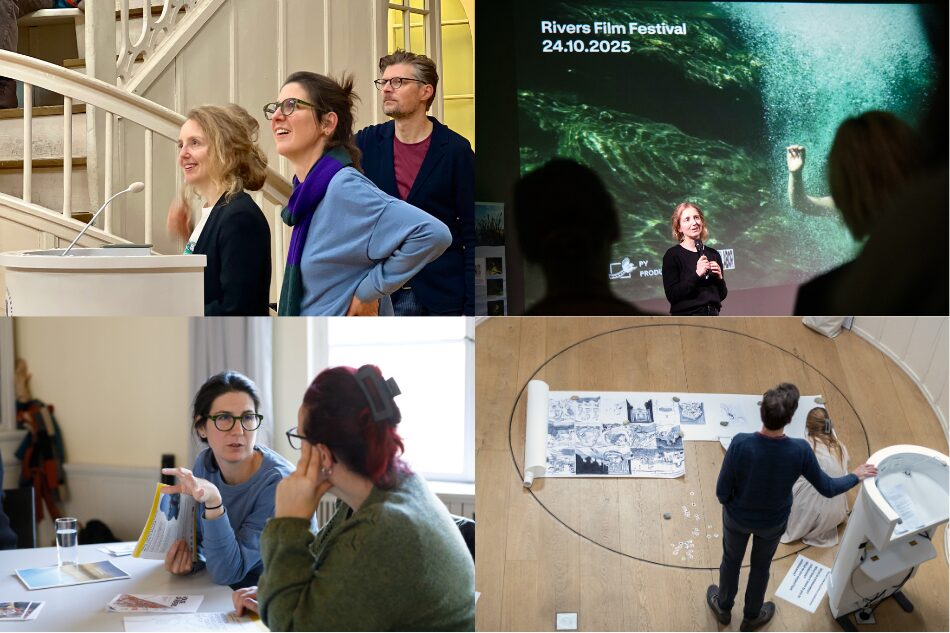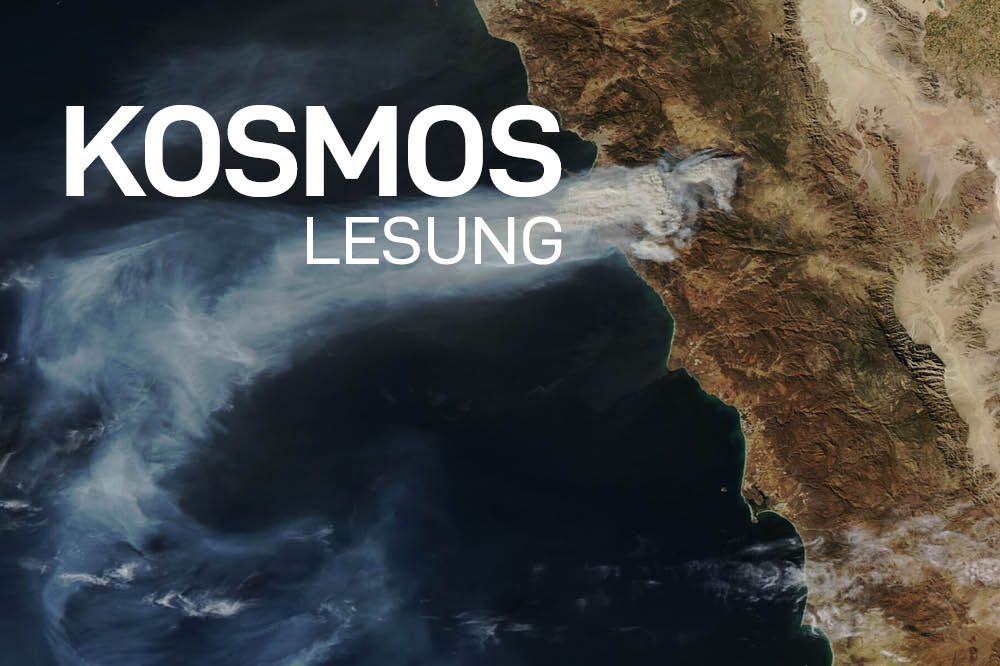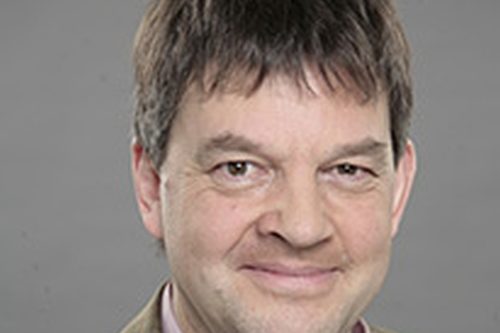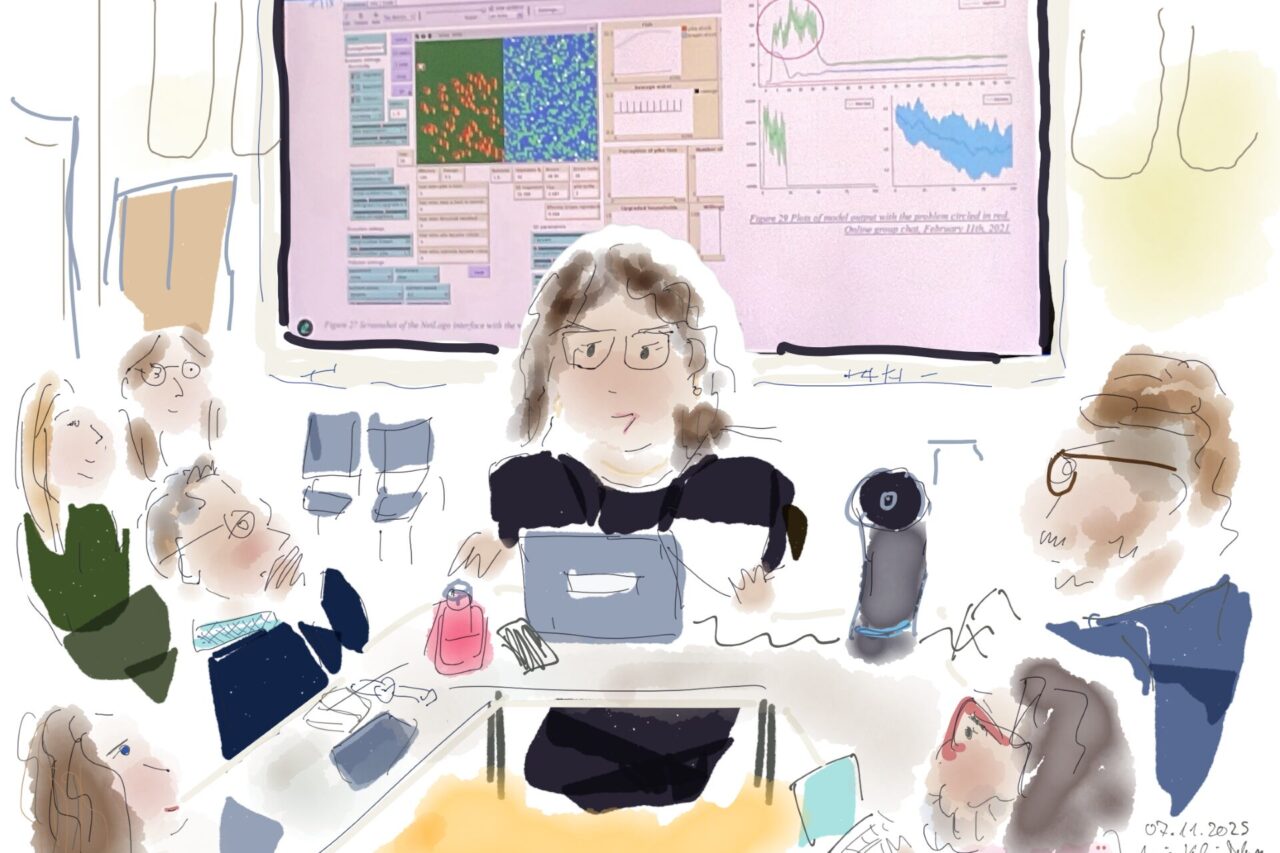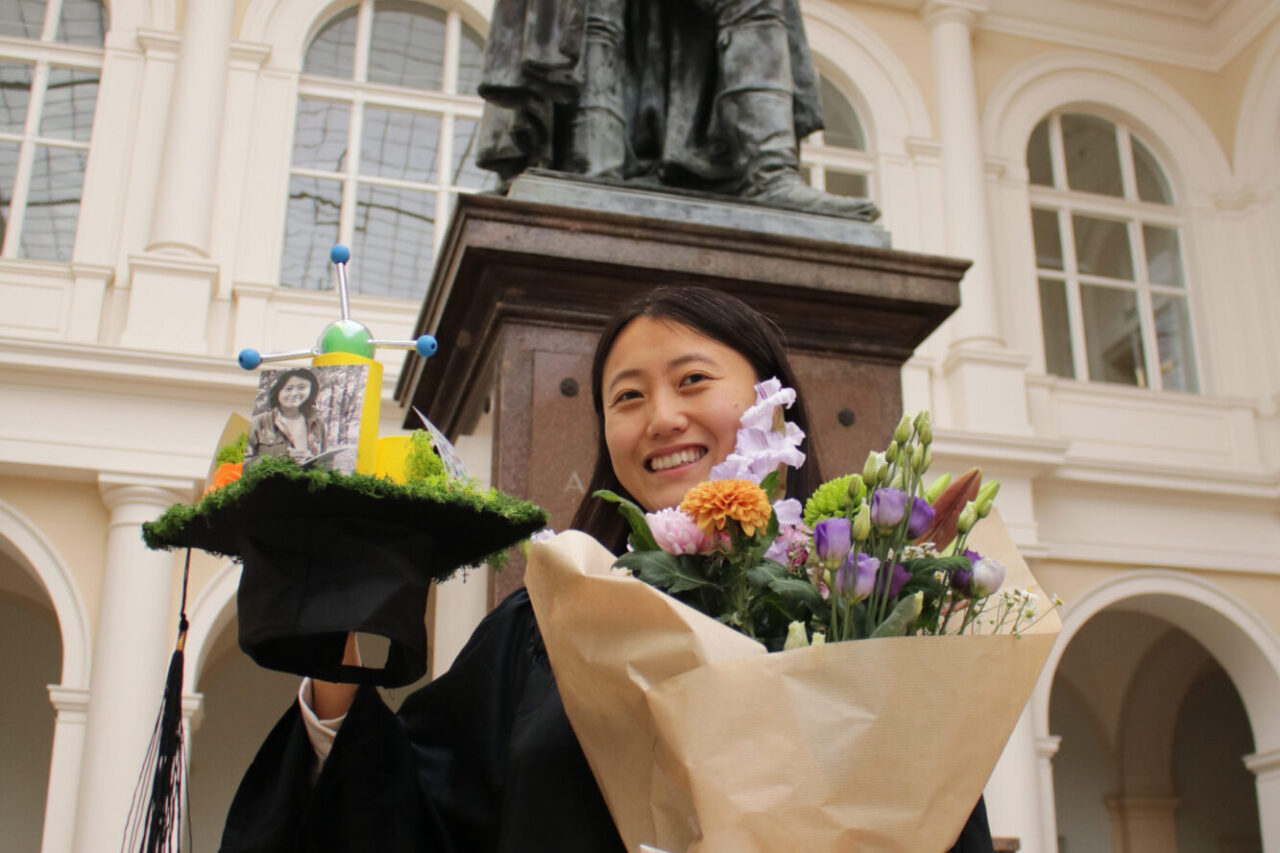
From 18-22 September 2023, IRI THESys will host a summer school for doctoral researchers. The call for participation is now open. Application is possible until 16 April.
How to situate hydrological modelling? Let’s do some research on research!
Hydrological modelling is central to attempts at better understanding and predicting the uneven water distributions that increasingly characterize contemporary sustainability challenges. The outcomes of hydrological models, in turn, importantly co-shape water management decisions. Hydrological models, therefore, are more than mere attempts to accurately represent changing water realities; they also interfere in and co-produce these realities.
This summer school sets out to develop an approach to uncover the conditions, contingencies and consequences of hydrological modelling practices. We call this approach situated modelling (SitMod). Which ontological and epistemological commitments are made when building hydrological models? What are the consequences in terms of water management decisions? Which ethical responsibilities arise? How best to live up to them?
During our five-day summer school “Situating Hydrological Modelling”, we will provide perspectives on these and similar questions by bringing together an interdisciplinary group of participants including hydrologists and researchers interested in studying hydrological modelling practices from fields such as science and technology studies, human geography and critical water studies.
Responding to recent calls for “research on research” to reconnect with the pressing challenges of our time through empirical and conceptual experimentation, we will engage the interdisciplinary group of scholars in co-laboration. We will employ experiential teaching formats by mixing small group work with plenary theoretical reflection and input. Methods training on participant observation and interview techniques for studying modelling as practice will be provided (see preliminary programme below).
Programme
You can find the preliminary programme here: Programme_Summer_School_2023
Lecturers
- Tobias Krueger, IRI THESys & Geography Department, Humboldt-Universität zu Berlin
- Rossella Alba, IRI THESys & Geography Department, Humboldt-Universität zu Berlin
- Margreet Zwarteveen, Water Governance Department, IHE Delft; Institute for Water Education and Governance & Inclusive Development Group, University of Amsterdam
- Jean-Philippe Venot, French National Research Institute for Sustainable Development (IRD); University of Montpellier
- Maria Rusca, Global Development Institute, The University of Manchester
- Jeroen Vos, Water Resources Management, Environmental Science Group, Wageningen University
Practical information
The event takes place at IRI THESys (Rudower Chaussee 12B, 12489 Berlin)
With funding from the Volkswagen Foundation, there is no fee for this summer school and accommodation and travel costs are paid for (travel costs may only be covered partly as the budget permits). Since we will work intensely for five full days, we expect participants to arrive the day before the summer school starts, on Sunday the 17th of September and depart the day after, on Saturday the 23rd of September. Participants will receive an ECTS certificate upon request.
Requirements
You must be enrolled as a PhD researcher and work in hydrological modelling and/or be engaged in “researching research” in science and technology studies, human geography, or related fields.
Preparation
In preparation for the summer school, each participant will prepare a postcard on their PhD project, including a visual and a short text. There will also be some preparatory reading, including:
Krueger, T. and Alba, R. (2022). “Ontological and epistemological commitments in interdisciplinary water research: Uncertainty as an entry point for reflexion.” Frontiers in Water 4. https://doi.org/10.3389/frwa.2022.1038322
How to apply
Numbers are limited, so recruitment will be by refereed selection. Required documents for application are:
- Application Form
- Letter of Motivation
- Curriculum Vitae
Please send your application documents by email to by 16 April 2023 9pm GMT. Applications received afterwards will not be considered. We hope to let you know the outcome of the selection process by 5 May 2023.
Image by Krystin Unverzagt



